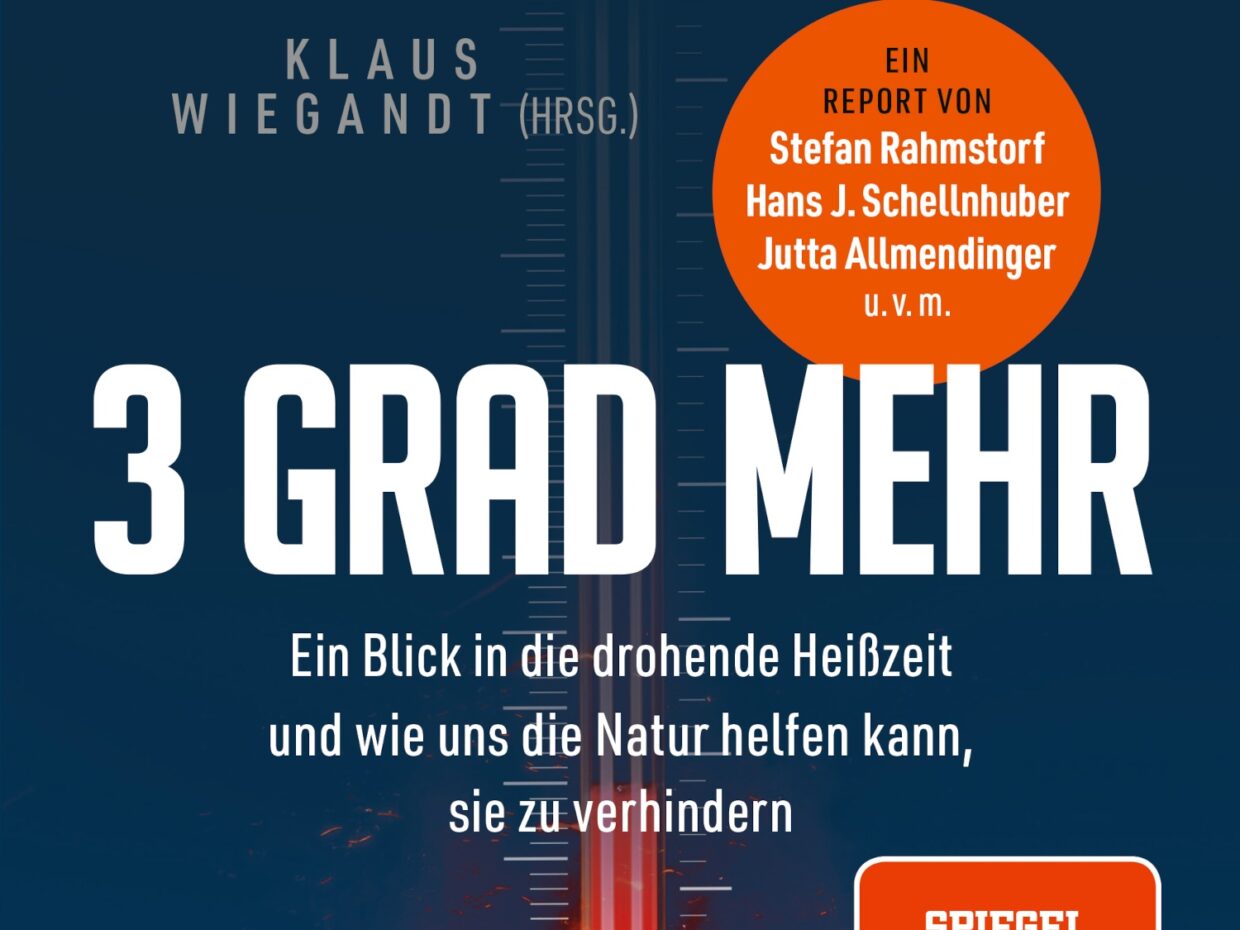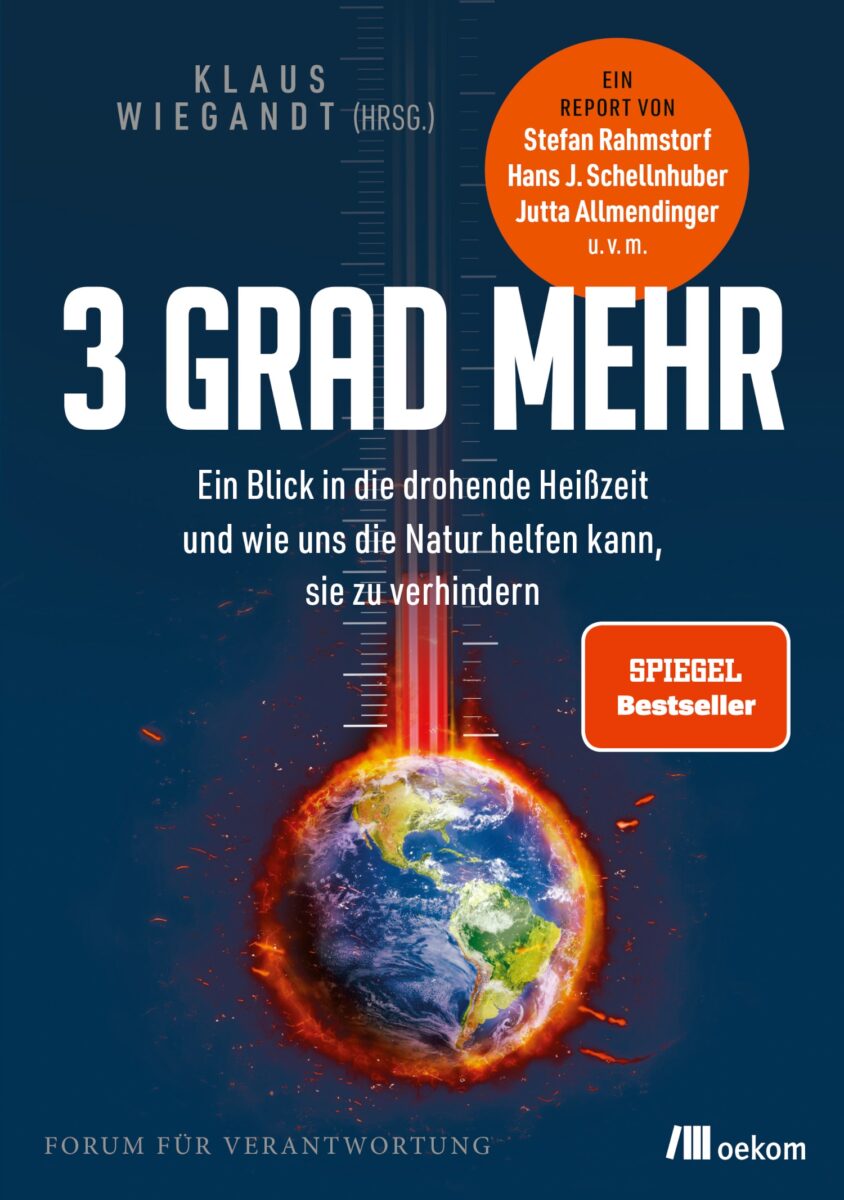When I acquired a small vineyard on the Ruwer/Mosel in 2009 as a result of a longer and more intensive stay at our “Ruwertaler Frühling”, the vineyard festival of the Ruwer Valley, climate change was known in principle, but basically still a marginal topic.
At the time, the Ruwer was “suffering” from the renaming of “Mosel-Saar-Ruwer” to just “Mosel”, long-serving winegrowers were quitting, there was no young generation of winegrowers in sight and steep slopes were lying fallow. Despite this, however, the Riesling vintages on the Ruwer became better and better from year to year as a result of higher Oechsle grades. That was basically the only perceptible indication of climate change.
Today, less than 15 years (!) later, the world has changed. Climate change is THE central topic in our society, in the media and – tangible for everyone at temperatures of over 40° C in summer.
No more than 1.5 degrees global warming: this target was formulated at the 2015 climate summit in Paris. However, little has happened since then – on the contrary, CO2 emissions have continued to rise. International researchers have presented an average warming of 3 degrees as a realistic scenario and scientifically substantiated it in many studies. 3 degrees average warming means a 6 degree increase over the land masses – without the cooling effect of the oceans there.
The effects of such warming would be catastrophic. Radical changes would occur in the world’s most important ecosystems. They reached their respective tipping points as a result of the change. The hitherto linear change in the systems would break off and an unstoppable chain reaction would occur with currently unimaginable consequences: The polar ice caps would melt, leading to a significant rise in sea levels, the huge permafrost soils of Siberia would thaw and release thousands of tons of methane, the oceans would “overheat”, fauna and flora would change dramatically and crop failures would be imminent.
The book “3 degrees more”, edited by Klaus Wiegandt, sheds light on this complex problem with contributions from internationally renowned scientists. In addition to the dramatic consequences and effects on people, they also show – even today – possible solutions.
A very readable book, which is a Spiegel bestseller for good reason!
In our newsletter, we always want to take up current market observations and look forward to your feedback and additional current thoughts on the respective topic.
Yours, Denis Duhme – denis.duhme@fair-wine.com

